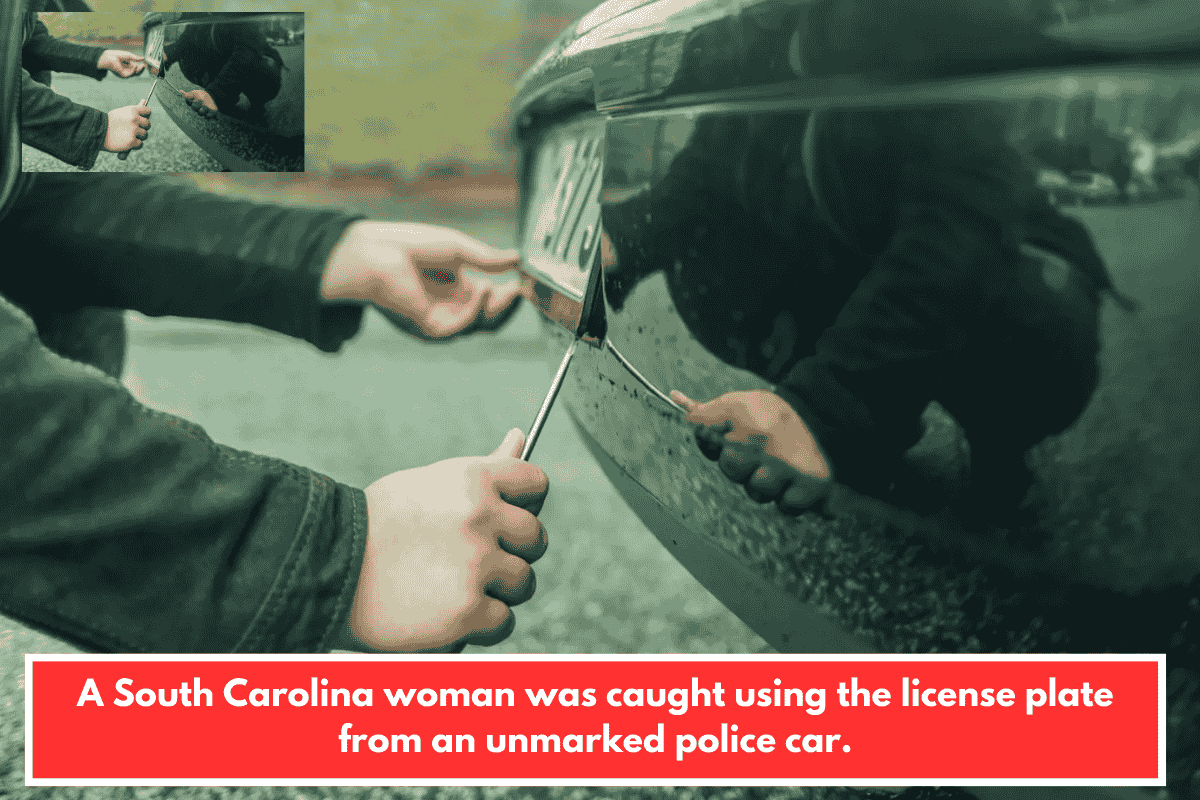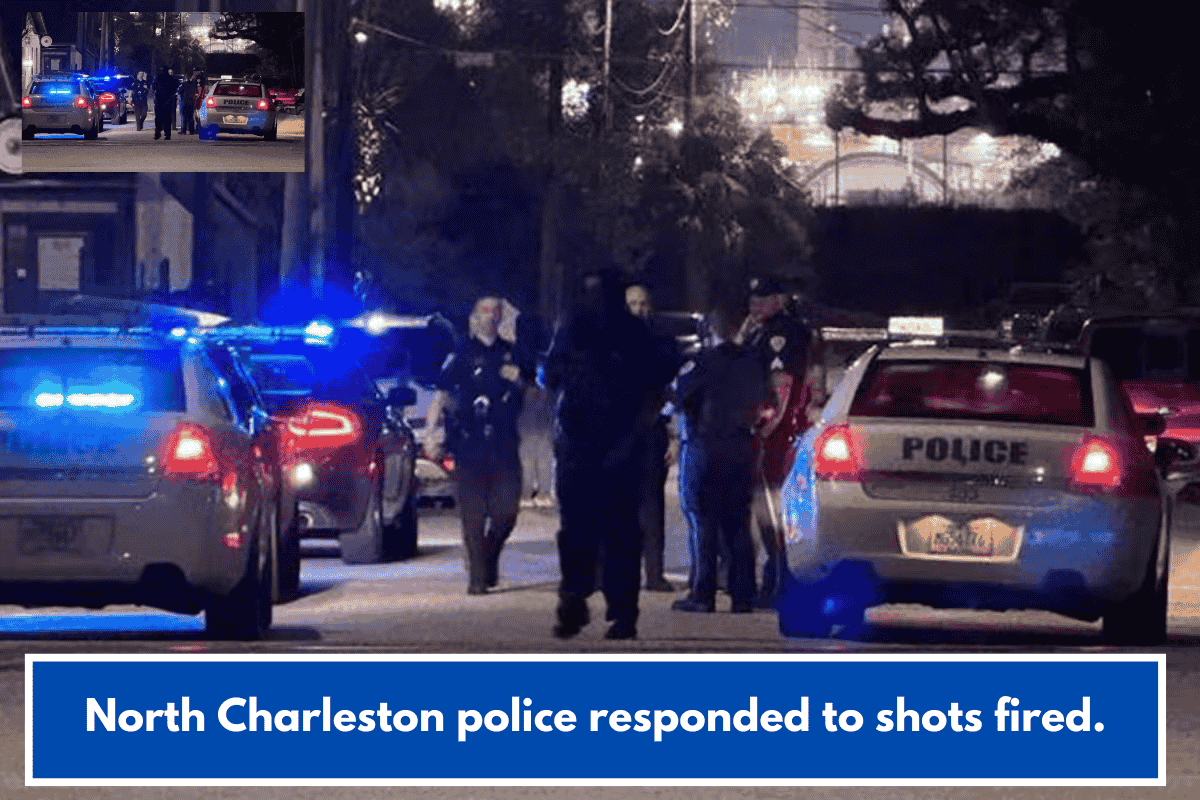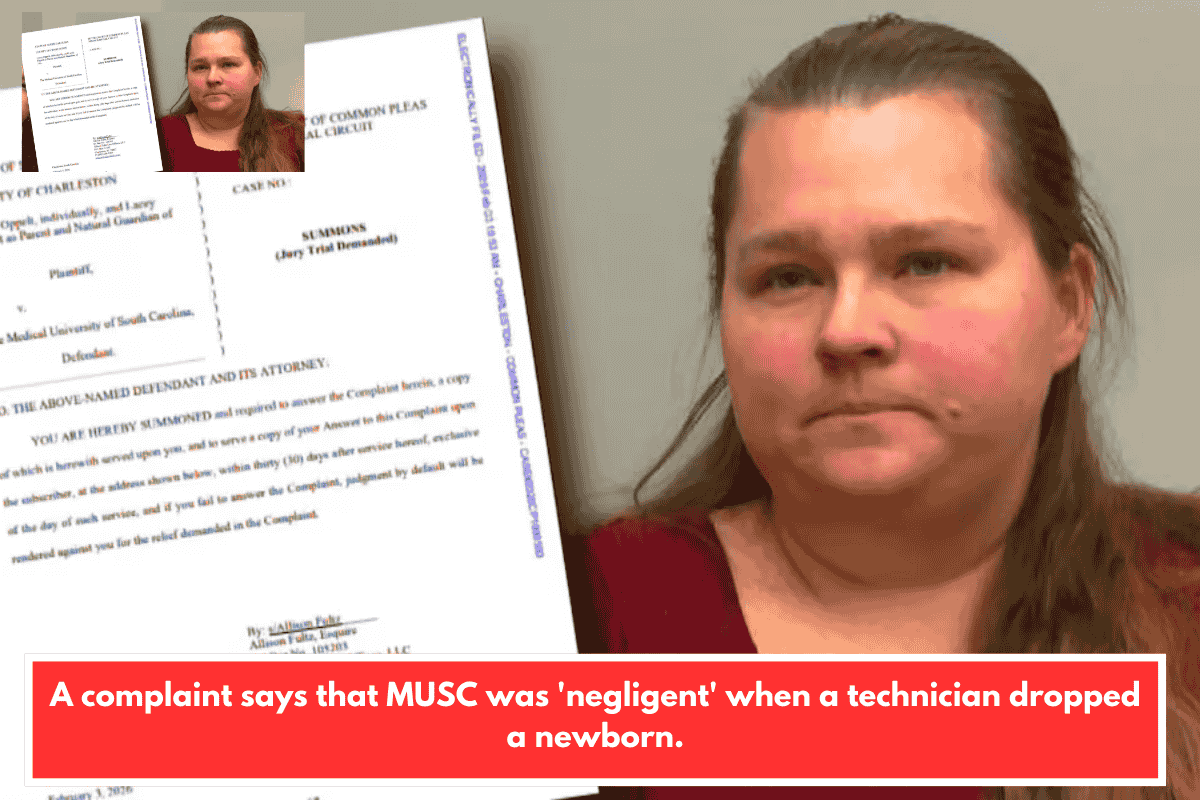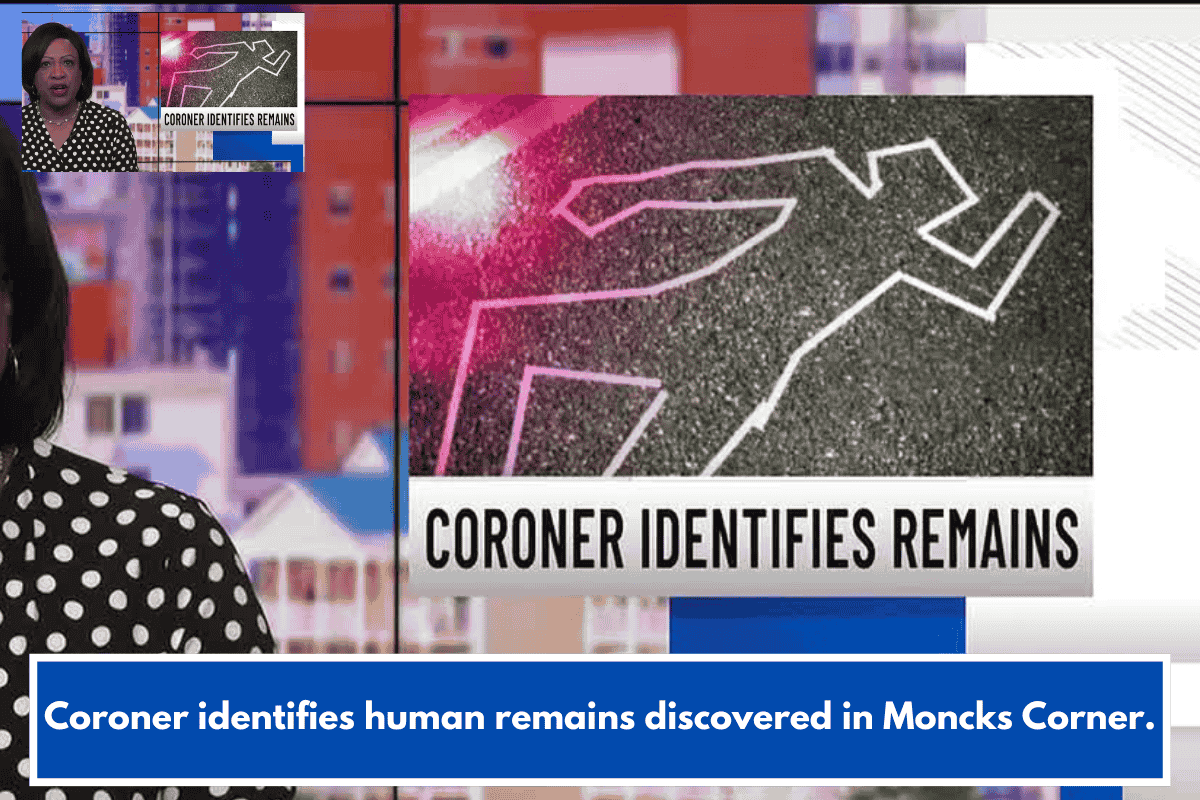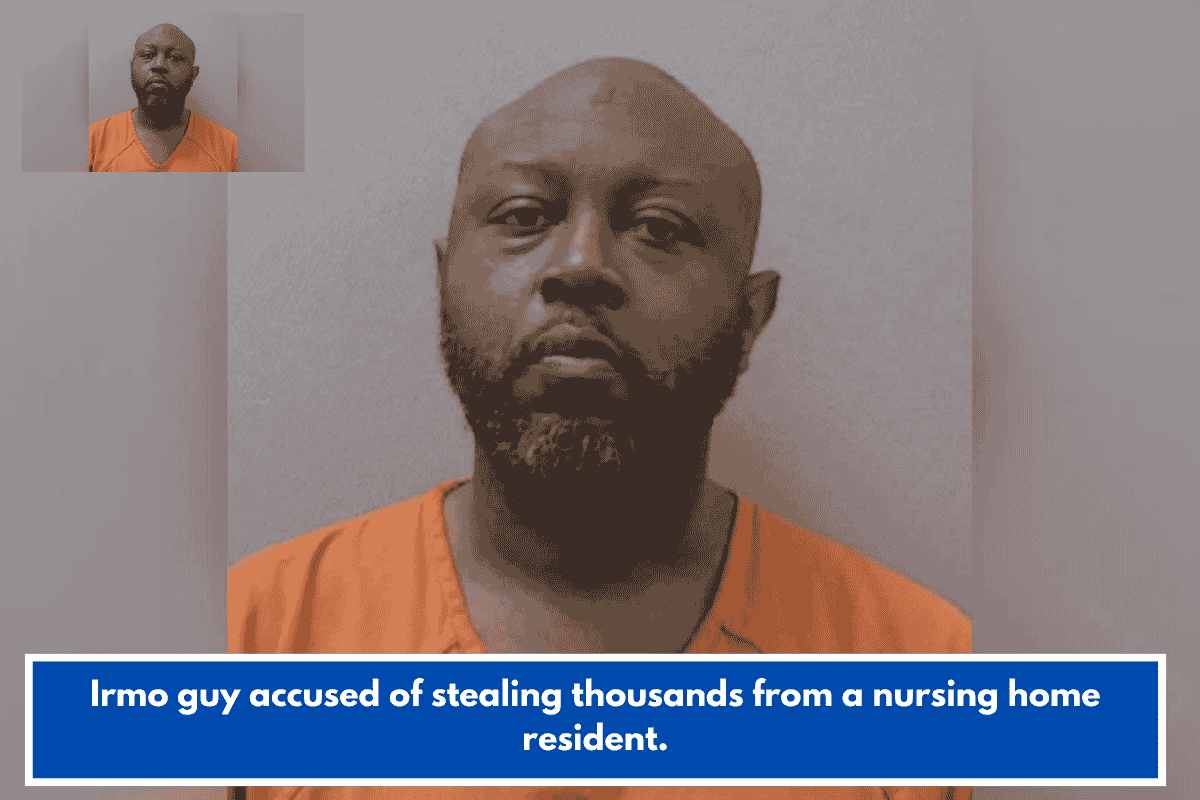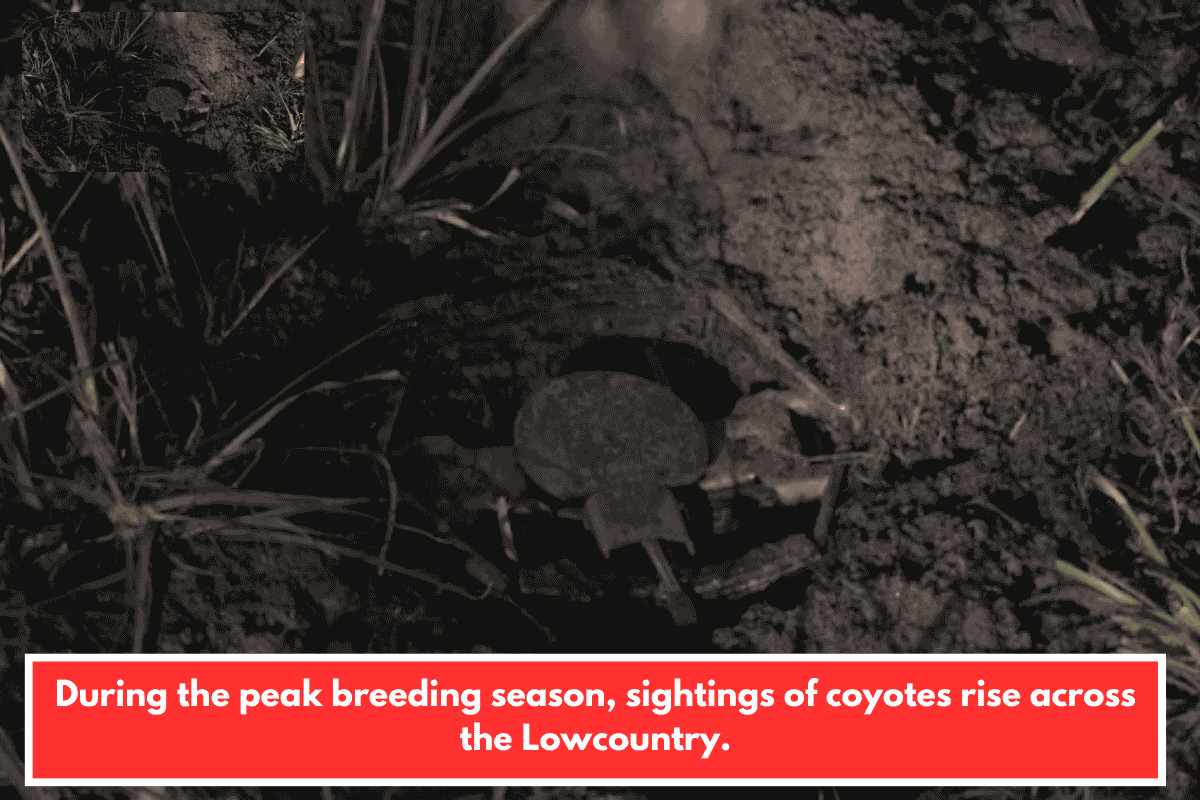Charleston, South Carolina – A final investigative report revealed that a Charleston County Jail inmate consistently expressed depression to staff and cellmates for months, including just one day before he was discovered hanging in his cell.
Forrest Kreider, 33, of Michigan, died in the Medical University of South Carolina on April 24, 2024, after being found comatose in the jail. An autopsy revealed that his cause of death was anoxic encephalopathy caused by hypoxia from hanging, and the manner of death was declared suicide.
The South Carolina State Law Enforcement Division’s closing investigative report details the circumstances behind Kreider’s death. SLED was asked to investigate the death of prior Charleston County Sheriff Kristin Graziano.
On April 23, 2024, inmates and officers found Kreider unresponsive in his cell. According to the story, he hung himself with bed sheets and left behind a message addressed to his family.
Inmate expressed depression a day before committing suicide.
One of Kreider’s cellmates informed authorities that Kreider had told other detainees that he wanted to commit himself but never told any of the detention center staff. A jail deputy reported that Kreider was recently furious after missing a court date and complaining about not obtaining legal representation.
Kreider was booked into the Charleston County Jail on January 4, 2024, and according to his medical records, he refused to take his prescribed drugs for several days.
In February, he told the behavioral health staff that he felt depressed, useless, and like a burden to his family because he didn’t know what he was going to do when he got out. According to the investigative report, staff advised Kreider to focus on the present rather than the future, and prescribed yoga to help him avoid despair.
Two months later, on April 8, 2024, Kreider self-reported having a history of mental health issues. He indicated that he was having a depressed episode but was cleared for general public.
Kreider completed a Psychiatric Provider Initial Evaluation just one day before his death, stating that he was depressed about being homeless, lacked energy during depressive periods, and slept excessively.
On the same day, he denied having thoughts of killing himself or others and shown no psychotic symptoms. According to documents, Kreider had no previous suicide attempts.
Kreider was taken an unknown prescription and committed suicide one day later.
Shawn Kreider, Forrest’s father, told Live 5 News that he was angered and upset that his son was left unsupervised after telling officials he was despondent.
“If somebody’s going to reach out and say, ‘I’m depressed,’ then there needs to be a little bit more supervision, even if it’s a 15-minute checklist,” Shawn Kreider, the comedian, said. “I worked at a psychiatric hospital and that’s what we would do with people coming through.”
“I guess those are the things that I think are very easy, very easy that would have saved his life,” the son’s father stated.
Jail reaction, other possible oversight
Mike Stanley, Tactical Operations Manager at Charleston County Jail, noted that convicts are given general health questions when they initially join the jail, but a comprehensive mental health evaluation is only performed if there is a need or indication.
“I don’t know about his (Kreider’s) particular case and his HIPAA stuff so we wouldn’t know,” Stanley informed us. “We don’t know what medication these folks run, we don’t know what they talk about with mental health, with the psychiatrists or the doctors; it’s not information shared with us.”
On the day Kreider committed himself, a jail deputy informed detectives that she saw him take a chair upstairs. The deputy informed Kreider he couldn’t carry a chair upstairs, but he said he was about to shower, and inmates use chairs to hang curtains before showering.
The deputy let Kreider take the chair, and documents reveal she intended to keep a “watchful eye” on him because the shower he was about to use was near an exit.
When inmates spotted fluid escaping from his cell, jail staff recognized something was wrong. This was not a regular check.
The SLED found no police misconduct or inmate involvement in Kreider’s death.



